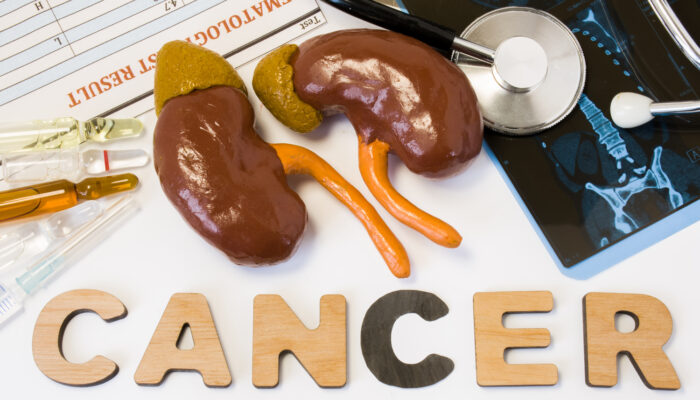
Deep Vein Thrombosis Common Causes
Deep vein thrombosis, also commonly referred to as DVT, is a serious life-threatening condition. DVT occurs when blood flow is restricted or slowed down, which can lead to a blood clot forming. DVT happens in the deep veins, mainly the legs, thighs or pelvis. There is no way to medically assess yourself for DVT, however, there are common symptoms that are signs of possible blood clots and deep vein thrombosis:
- Charley horse in the leg, arm or chest region
- Warmth or redness in the affected region
- Visible swelling
- Redness or blue color in the affected area
Deep vein thrombosis is a life-threatening condition and should be taken seriously. If you believe that you are experiencing symptoms of DVT, head to your nearest emergency hospital immediately. Here are the most prevalent causes of DVT:
1. Limited movement
One of the primary causes of DVT is a lack of movement. This can occur on long flights, drives or bus rides. This can occur after surgery or on bed rest. It can also occur when people work desk jobs where they spend most of the day barely moving. Limited movement does not allow the blood to circulate properly. Blood begins to pool, particularly in the legs and this is when clots are likely to form. The best way to combat this risk factor is to stay active and to incorporate short bursts of activity into your day. Instead of sitting for eight hours at work, add in a short walk every thirty minutes.
2. Blood disorders
Blood disorders such as Factor 5 Leiden can cause DVT because these conditions change the nature of the blood in the human body. Blood disorders that create “sticky” blood that easily clots can put people at a greater risk of developing DVT. When the blood does not circulate properly, clots form and this can lead to DVT. Blood clots formed in the deep veins is the cause of deep vein thrombosis.
3. Smoking
Smoking is a health concern that affects many parts of the body including the risk for developing DVT. Smoking will damage the heart, the blood vessels and the lungs making it more difficult for blood to circulate throughout the body.
4. Birth Control and hormonal medications
Birth control and other hormonal medications can lead to DVT because of the increased estrogen hormones within. More estrogen makes it easier for blood to clot. People who are on birth control or who are taking hormonal medications with estrogen (i.e., for perimenopause) should first speak to their doctor to ensure that they are taking proper precautions to avoid DVT. Pregnancy also increases DVT risk because there is more estrogen present in the body.



